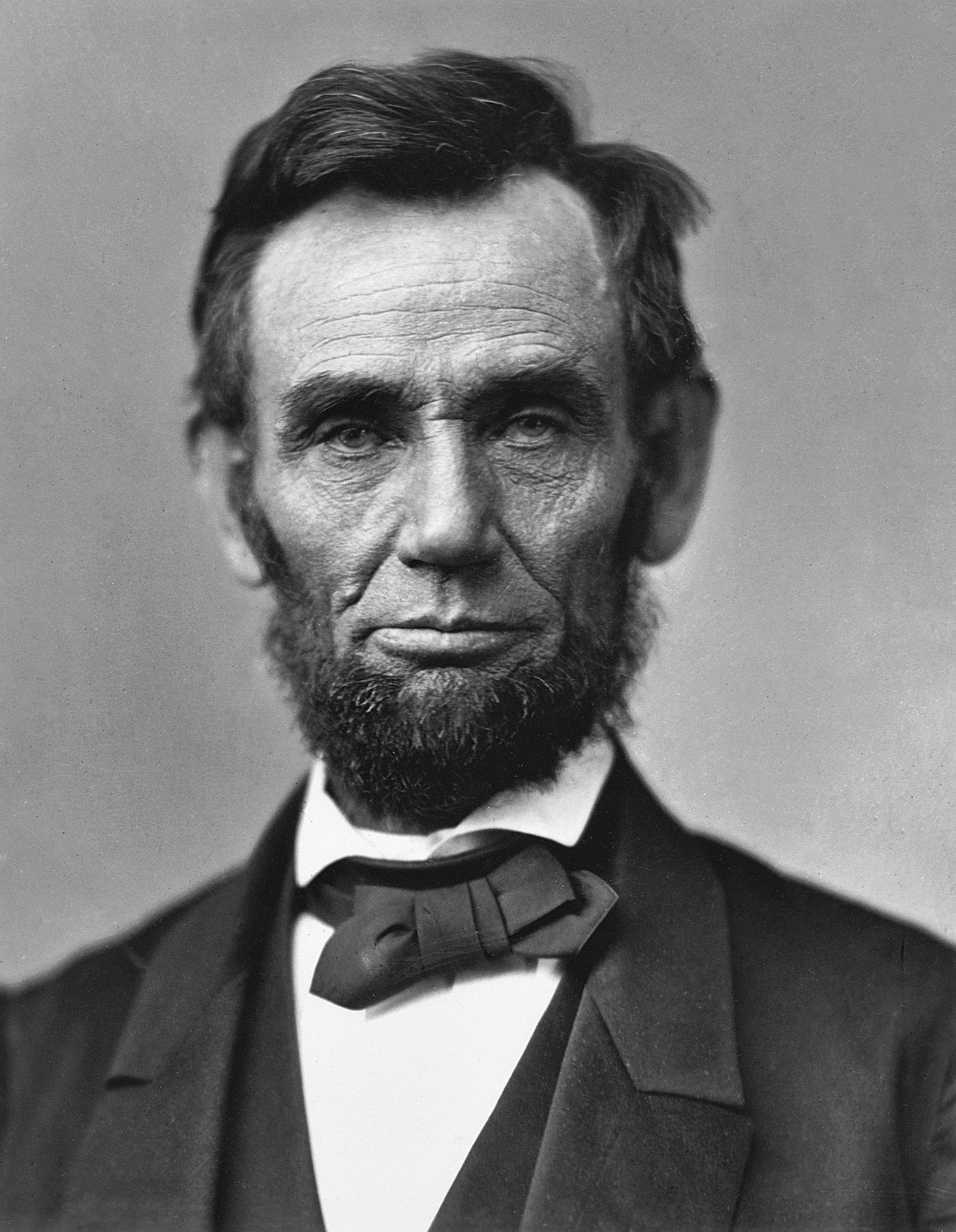Educating Nihilists
We celebrate the nihilistic emancipation of the unfettered will. And then, when those who have the will to murder random strangers actually murder random strangers, we blink in disbelief.
I started writing an essay for my Substack to remind fellow citizens that education is inherently, intrinsically political, and must always be so, because how and what young people learn (or don’t learn) greatly influences the regime in which they live.
Then I saw headlines about yet another young American randomly murdering strangers in yet another school.
I wish my posts didn’t explain so well the ugly, nihilistic events that have become all too common in our postmodern progressive United States, but they do. Being relevant seems to be my curse.
Violence in the United States
Let’s be clear: The good news is that since the 1990s, most forms of crime in the United States, including violent crimes such as homicide and property crimes like theft, have decreased when measured by rates per 100,000 people. (While rates of murder and other violent crimes rose in response to government lockdowns and social distancing policies in 2020 and 2021, preliminary data suggest those numbers are coming down in 2024.)
At the same time, there has been a significant rise in what criminologists categorize as “mass public shootings”—typically defined as incidents where four or more people are killed in a space accessible to the public or large numbers of people, such as a school, mall, or concert.
For those who follow my work, you know I prefer to describe these heinous acts as mass murders of random strangers.
Murder driven by revenge, jealousy, or personal gain is as old as human nature—think of Cain murdering Abel or Romulus killing Remus. I am not excusing these acts; I’m merely pointing out that murder is nothing new.
We are witnessing something different, however, in our postmodern progressive United States. We are seeing murders that are often not personal at all, where the perpetrator kills as many people as possible, typically targeting random strangers. This contrasts sharply with personal motives driven by deep-seated insult, anger, or jealousy.
Moreover, more young Americans than ever are suffering from depression, addiction, and neglect. An alarming number of young people report having no friends. Suicide rates among teenagers—and even pre-teens—are rising; and these kids often come from middle- and upper-class homes.
While our postmodern progressive America may be a vibrant place for pride parades, adult drag queens looking for young audiences, and celebrations of untamed self-expression, it’s not a good place to be for young people in search of guidance, focus, and purpose.
Education
With the story of yet another young mass murderer in yet another school serving as a prelude, let us pivot back to my original topic: Every form of education—every curriculum and pedagogy—shapes the kind of people students become and, consequently, the kind of citizens they become, which influences the regime in which they live.
Education can reinforce a regime, challenge it, or even undermine it. The communists in the Chinese government who deployed tanks against students in Tiananmen Square—students who were talking about liberty—understood this all too well.
No political regime is unaffected by how young citizens (or subjects) are educated. Education is always political because it has political consequences. To deny that education is political is to borrow a page from David Hume and deny causation.
This does not mean I have any right to control how you educate your children. However, as a fellow citizen, it would be foolish to assume that how you educate your children will in no way influence me or the nation in which we live. As Americans, we all share an interest in how each of us raises and teaches our children, as their education will shape the political landscape of our nation for current and future generations of citizens.
Our interest in the education of young Americans is heightened even more when most of our schools become public schools, funded by taxpayers. It’s no longer merely a matter of neighbors raising and educating their children as they see fit. Now, we are forced to pay for the education of other people’s children. And we who pay for schools should decide what is taught within our schools.
Moral and Intellectual Bankruptcy
Aside from a few classical schools that dot the educational landscape, there is little emphasis on the cardinal virtues—Courage, Wisdom, Moderation, and Justice—within ordinary postmodern progressive schools.
Moreover, there is a pervasive, unfounded assumption within K-12 education and the universities that train teachers, holding that “virtue” is entirely subjective— that “virtue” is whatever an individual at a given moment “feels” virtue is.
If there is anything resembling an objective truth about virtue in America’s public education system today, it is the dogmatic belief—reinforced like a medieval catechism—that it is wrong to conform to what others deem good, moral, or respectable. With that mindset, it is now considered noble and brave to disregard all social norms and act according to one’s fleeting whims.
The only virtue recognized by postmodernists is “authenticity,” which often requires the rejection of basic manners, respect for others, and respect for oneself.
Postmodern “authenticity” is particularly attractive to those lacking intellectual and moral virtues: It’s far easier to discuss one’s sexual fantasies and be praised for one's “bravery” than to tackle complex academic subjects or show others what individual responsibility looks like. In postmodern American schools, vulgar hedonism trumps intellectual and moral excellence.
Teachers who themselves are poorly educated don’t suggest that objective moral truths exist because they reject the possibility of such truth. Most trained and certified educators have never even heard arguments explaining or defending the concept of universal, timeless moral truths—what used to be called the “Laws of Nature and of Nature’s God.”
Abraham Lincoln once described the core moral principle enshrined in the Declaration of Independence—the proposition that “all men are created equal” and possess “certain unalienable rights” including “life, liberty, and the pursuit of happiness”—as “an abstract truth, applicable to all men and all times.”
I suspect that most educators today don’t believe there are abstract moral truths applicable to all human beings, and all cultures, throughout all time. Many likely cannot understand Lincoln, or they dismiss him as ignorant and uneducated simply because he was neither postmodern, nor progressive, nor a moral relativist.
In the midst of this confusion, educators convey to students that with every breath, every meal, and every fart, they are killing the Earth. When young people feel socially awkward or uncomfortable, they are encouraged to believe they were born the wrong gender, a concept presented as just another arbitrary social construct. It’s no coincidence that the number of young girls identifying as boys—and demanding life-altering surgeries and hormone treatments—has surged dramatically in just the past eight years.
Nihilism By Any Other Name Is Still Nihilism
The best educators can typically do today is dilute philosophical nihilism into a version of cultural or individual moral relativism that’s easy to swallow, encouraging students to think there are merely different opinions about what is right, what a good life is, what it means to be a good person—whether there is purpose to human existence—none of which is truer than any other opinions. Students nod in agreement without even considering the alternative.
Is it any wonder why so many young Americans seem morally and intellectually lost, wandering without a moral compass or sense of purpose?
Nihilism, in any form—diluted or unfiltered—remains nihilism. With only a few exceptions, schools in the United States have become bastions of nihilism and moral purposelessness. Nihilism is a dominant feature of our popular culture. Bestselling authors and prominent pundits remind us that freedom means disregarding the moral constraints set by others, seeing all moral codes as mere arbitrary prejudices and cages from which we must escape.
For countless of confused postmodern Americans, freedom equates to choosing immorality over morality.
Even many churches across the United States have gone to great lengths to infuse nihilism into their sermons. The message is clear: Jesus doesn’t care how you live, or whether you choose right over wrong or good over evil. Jesus doesn’t judge and neither should you—because apparently Jesus is a nihilist, too. Many postmodern churches in America elevate moral relativism to divine heights, where the concept of God translates into doing whatever feels right in the moment.
This encapsulates life in our postmodern progressive regime. We mock virtue and celebrate moral vacuousness. We call those who disregard moral constraints brave and commendable. We celebrate the emancipation of the unfettered will. And then, when those who have the will to murder random strangers actually murder random strangers, we blink in disbelief. We shrug our shoulders. We say we have no idea why there are nihilists among us, or how they came to be, or where they came from.
We turn our discussions instead to the type of gun the latest nihilistic killer used, as if the weapon is the problem. And many Americans find satisfaction in the idea that one more gun law or regulation will solve the problem, as if nihilistic killers care about laws and regulations. We ignore the fact that there were fewer mass murders of random strangers in earlier periods of American history, when Americans had easier access to guns, and fewer laws and regulations.
As a nation, we are providing to the next generation of citizens an education steeped in nihilism. And it shows. That education will shape the future and fate of our nation because education—even education in nothingness—is always political.







Great piece Tom. I sent it to my stepdaughter who just started teaching high school history.
Maybe, one person at a time, we can return the focus to Truth.
Thank you for putting these thoughts into words. I just had a conversation with one of our state representative's office yesterday regarding education. They asked for my opinion on where education was heading in our state (I wrote him concerned that our local school system hired Nikole Hannah-Jones as a keynote speaker for a teacher work day.)
I just sent the office your article.